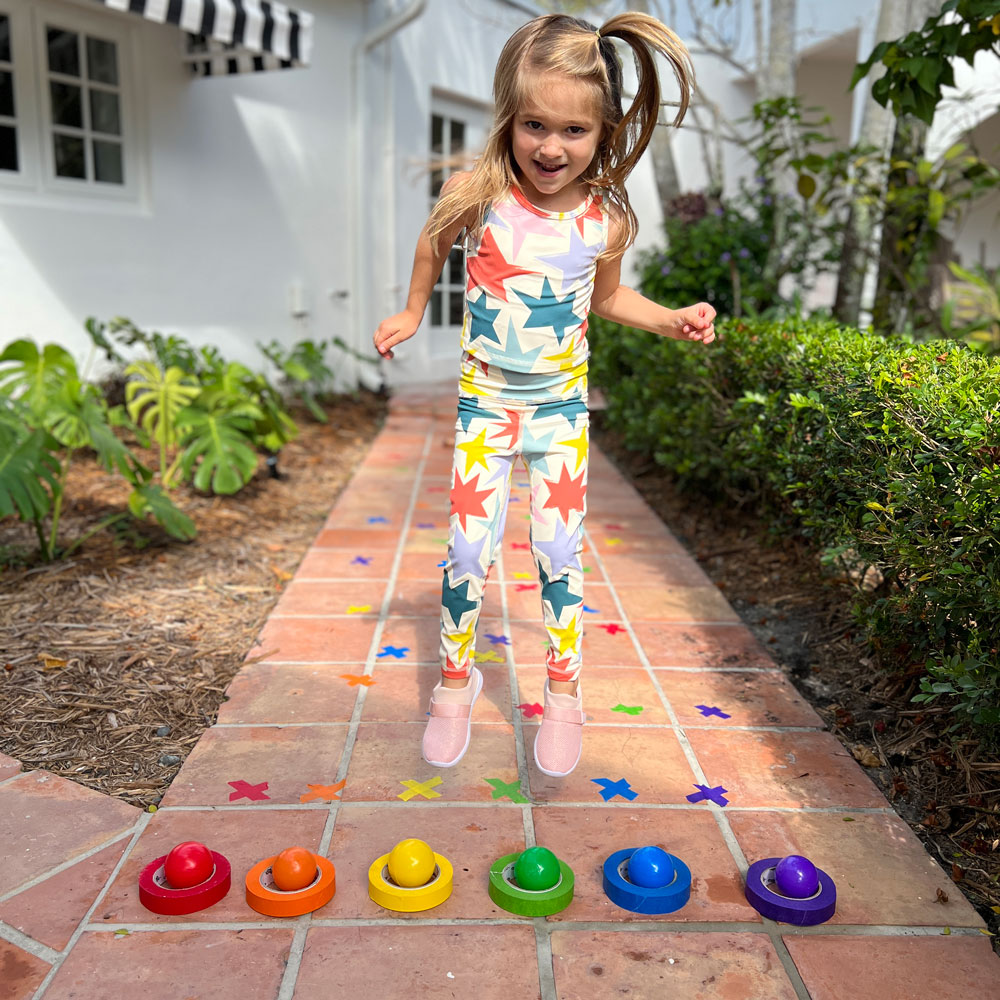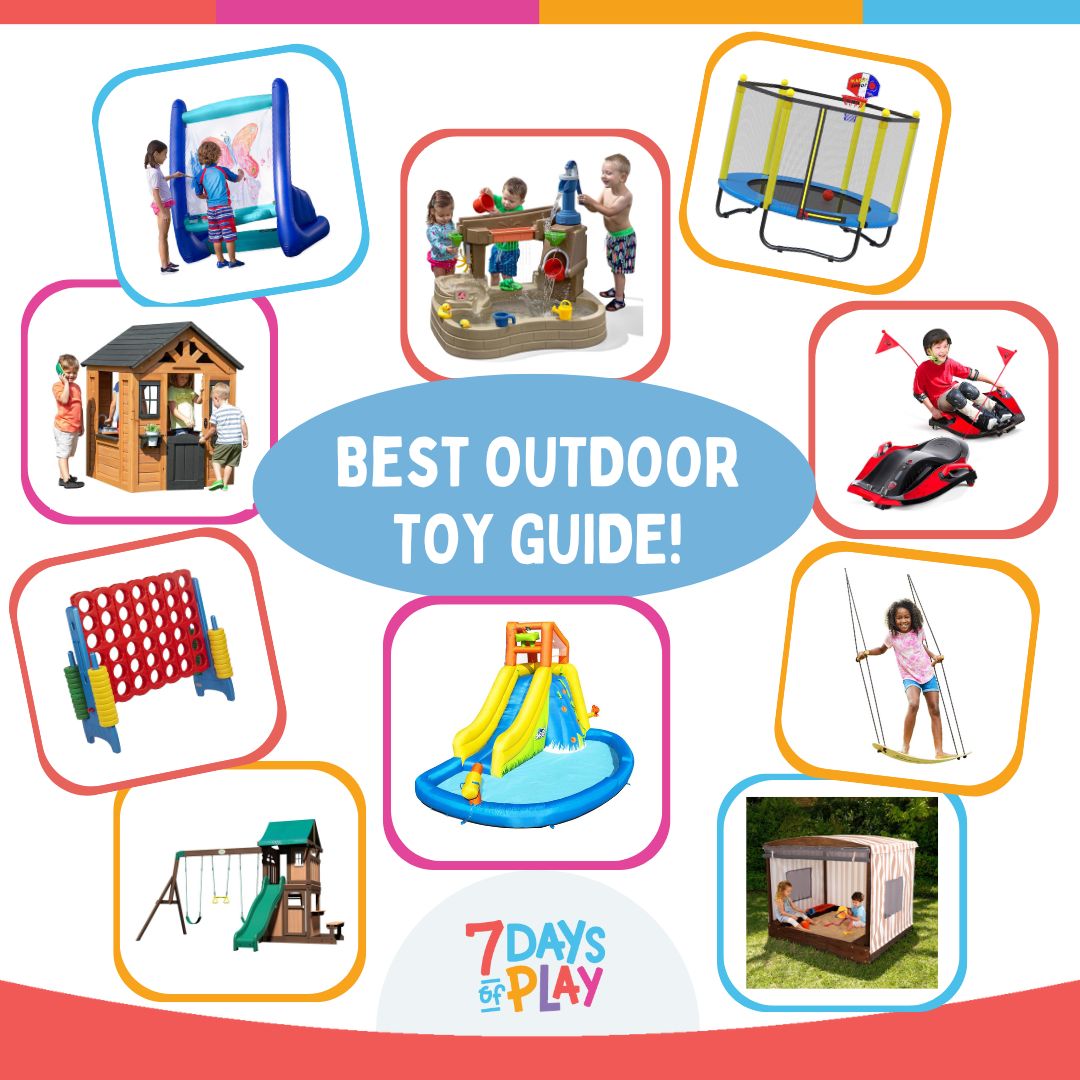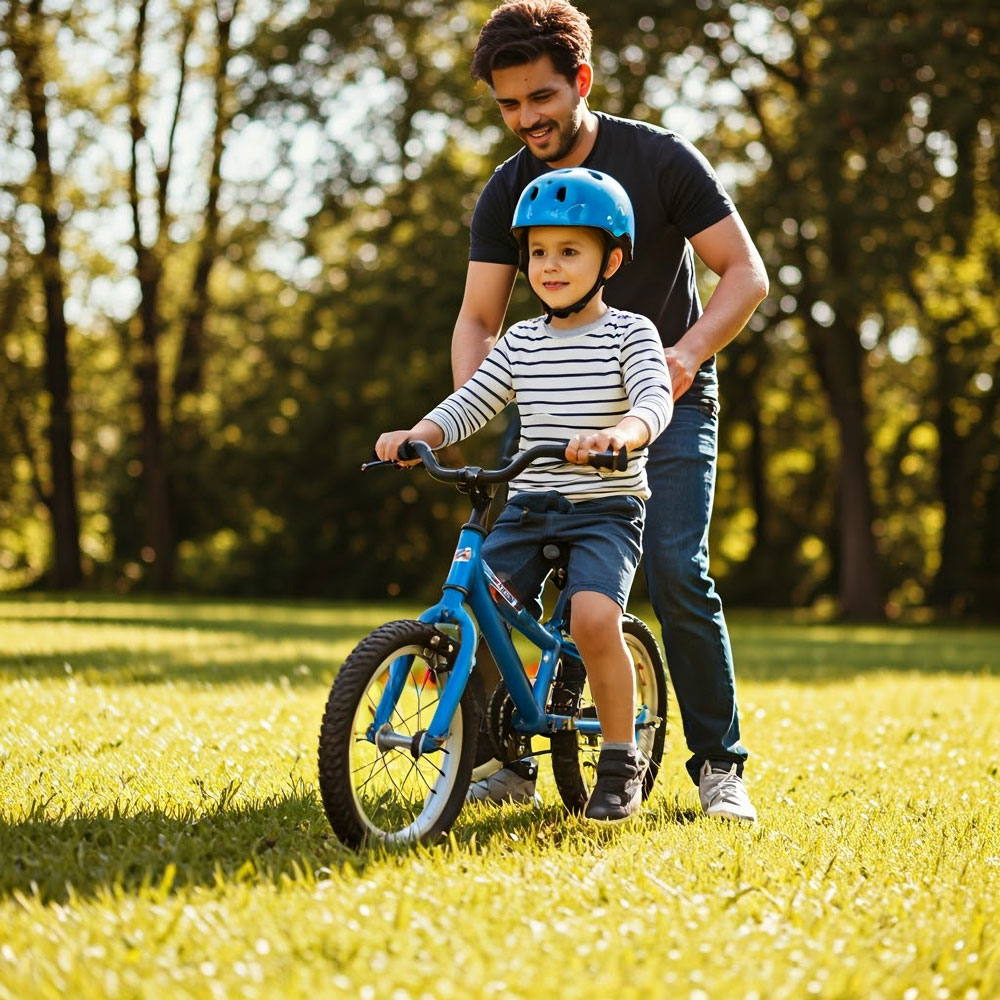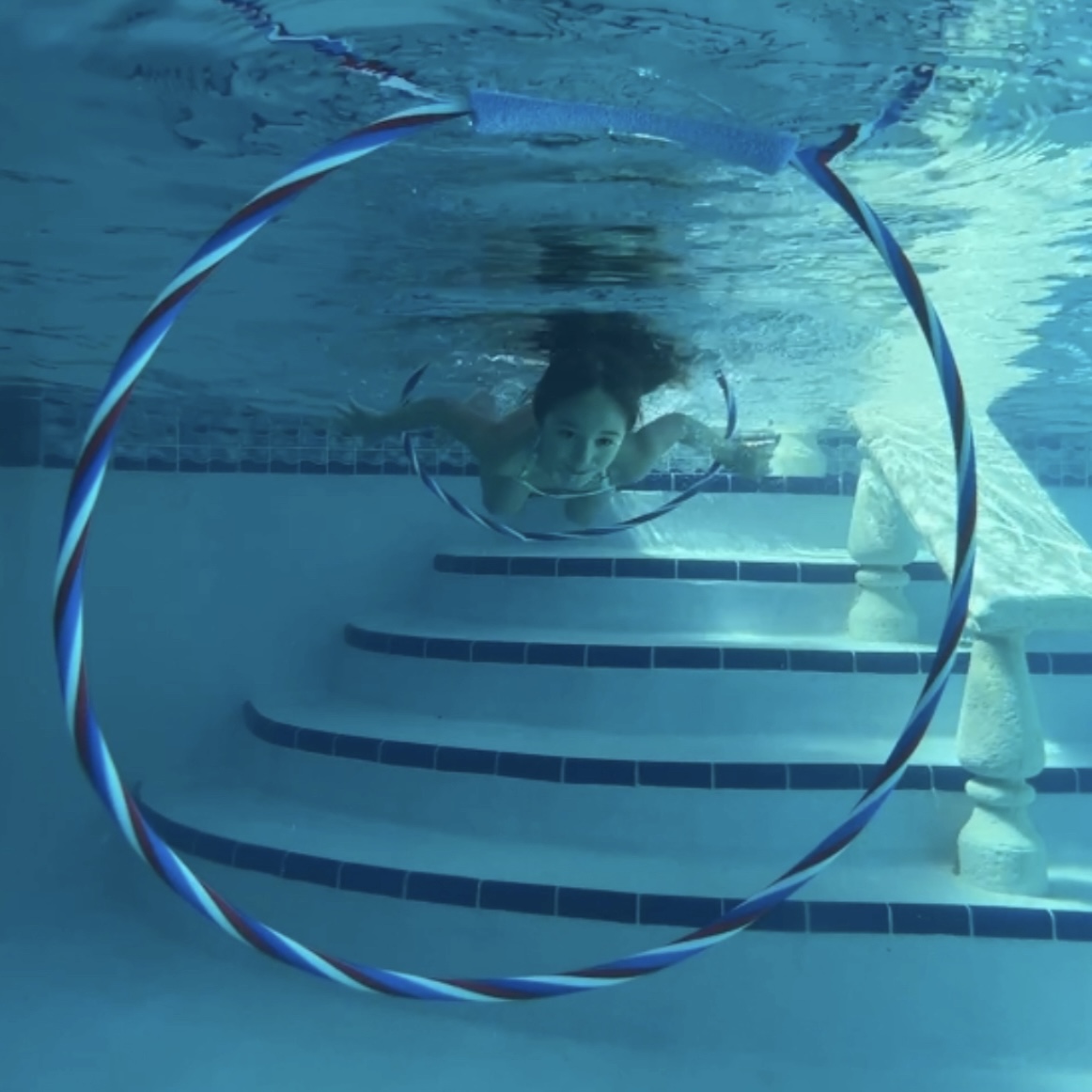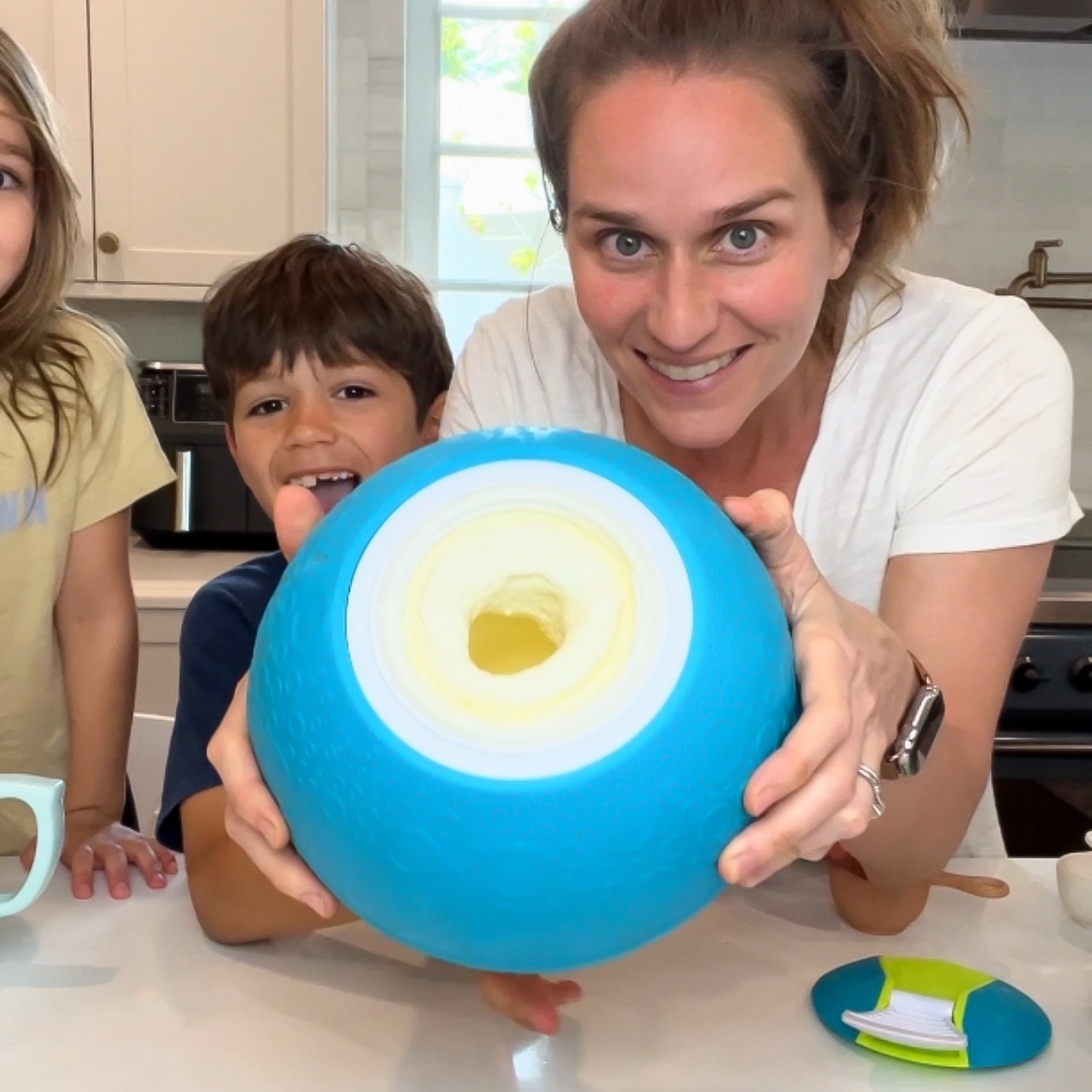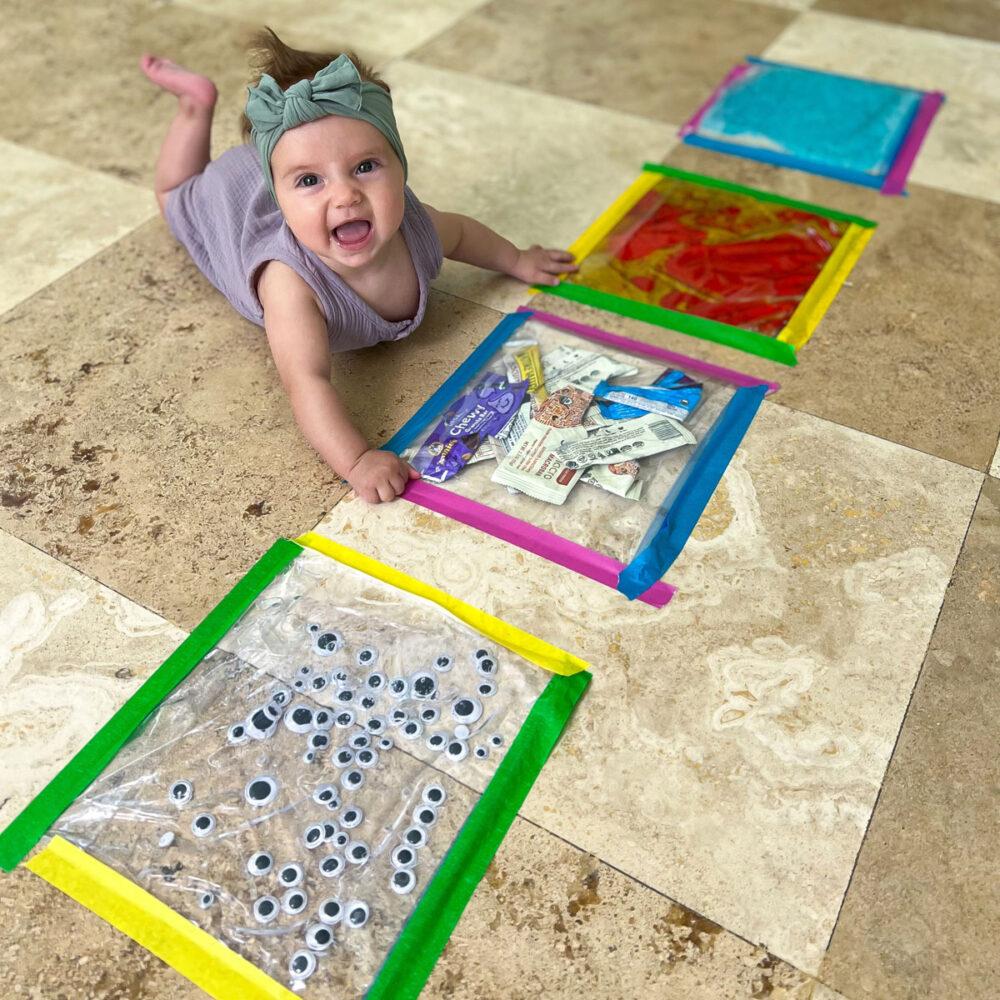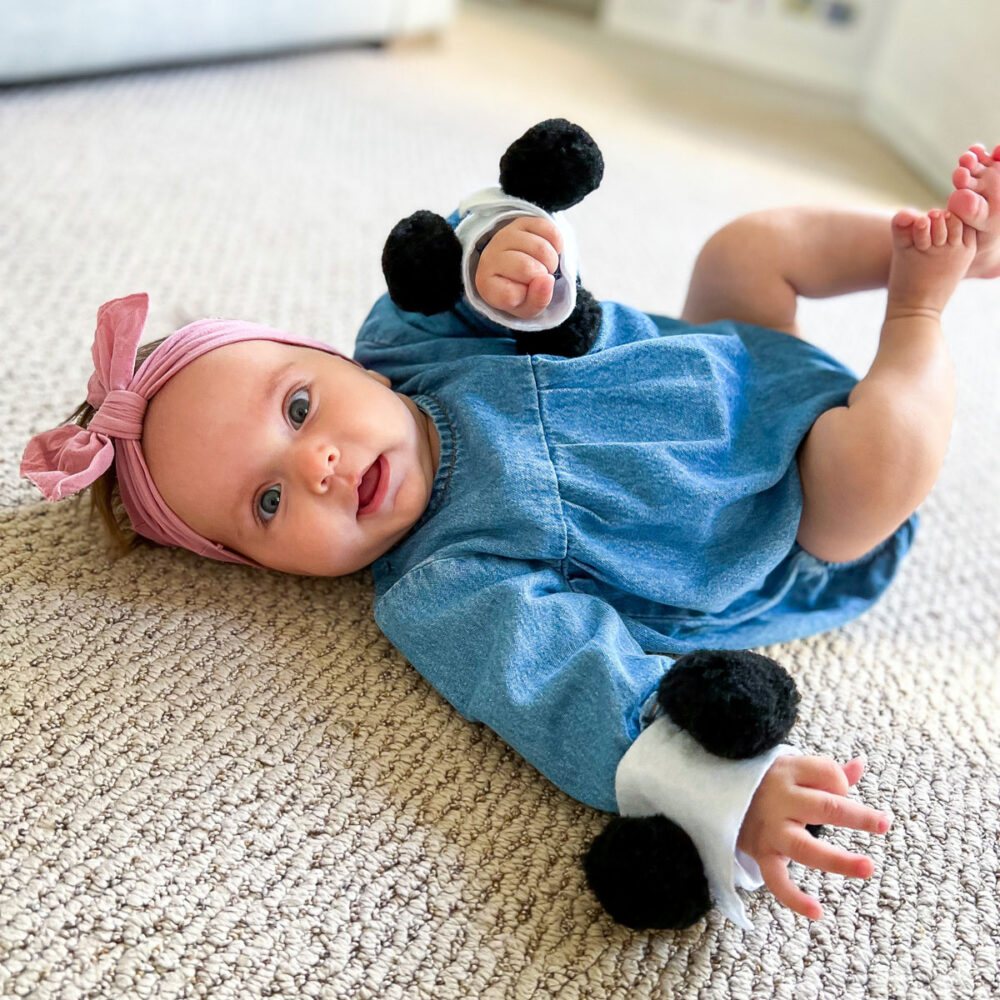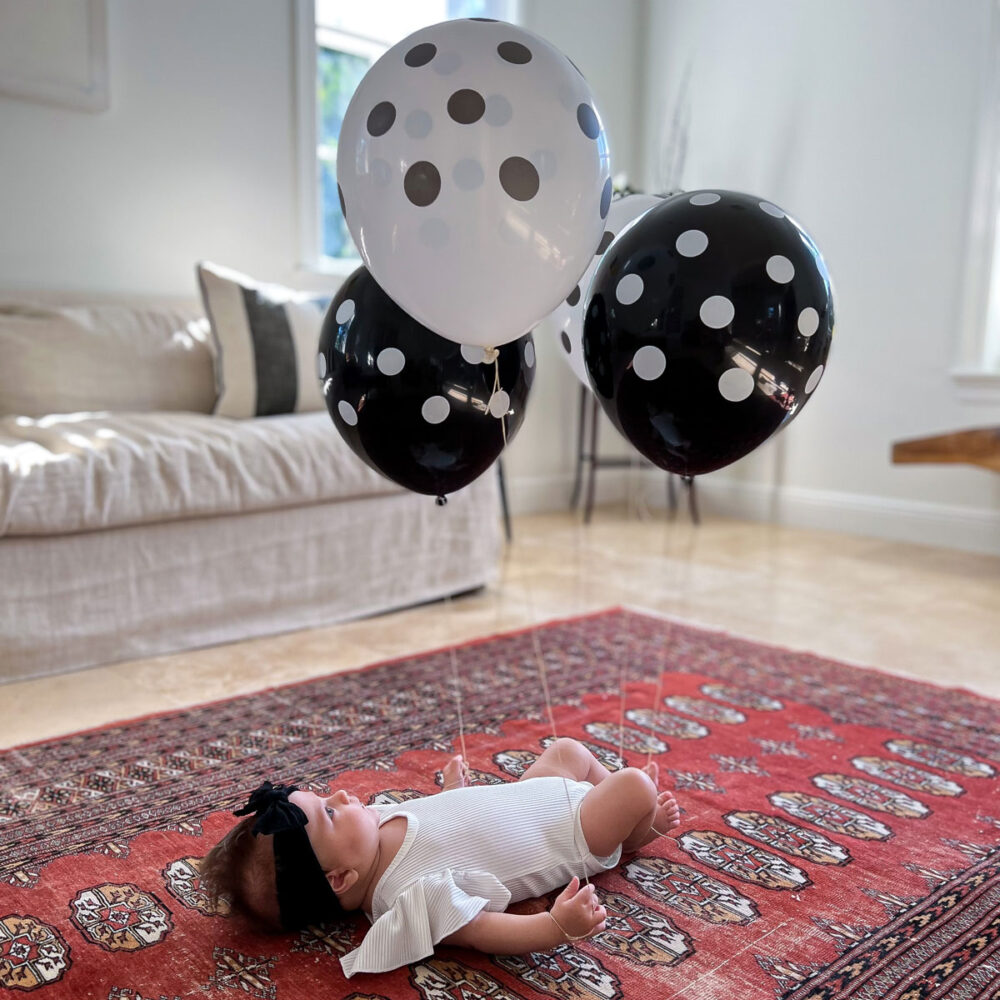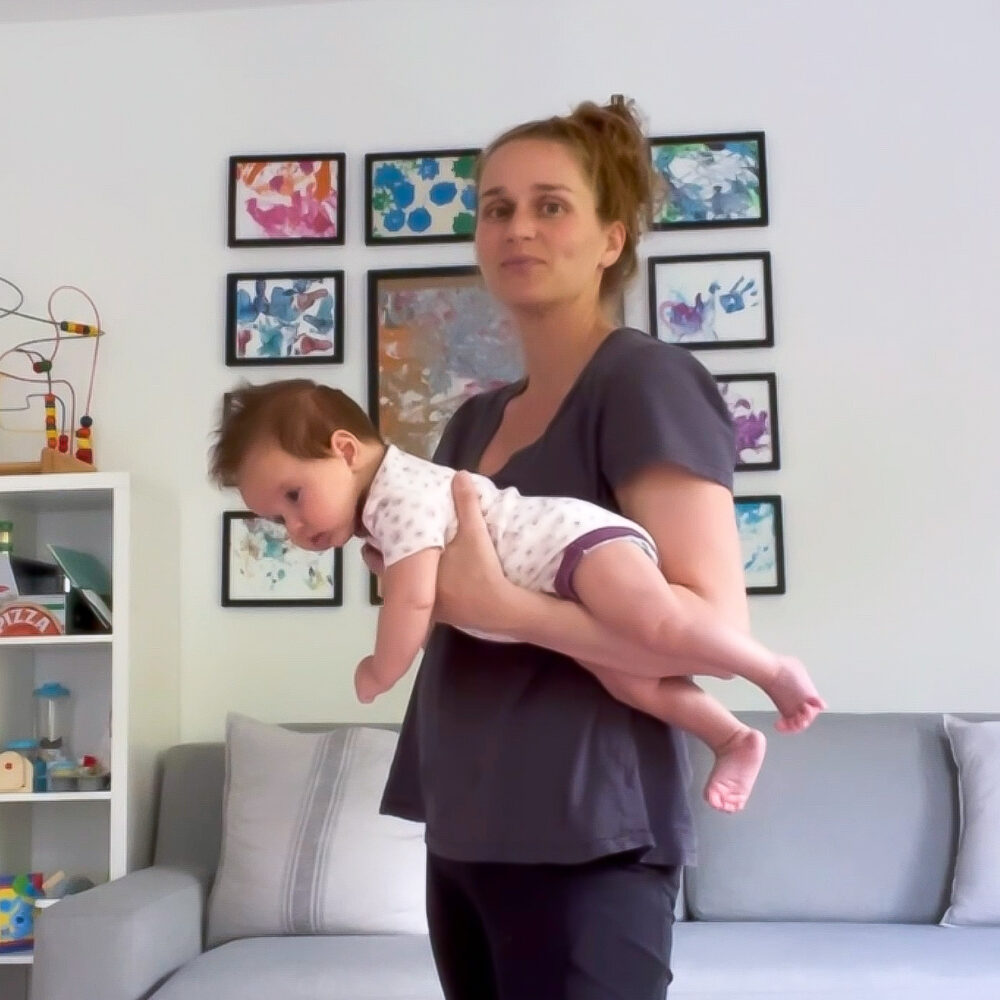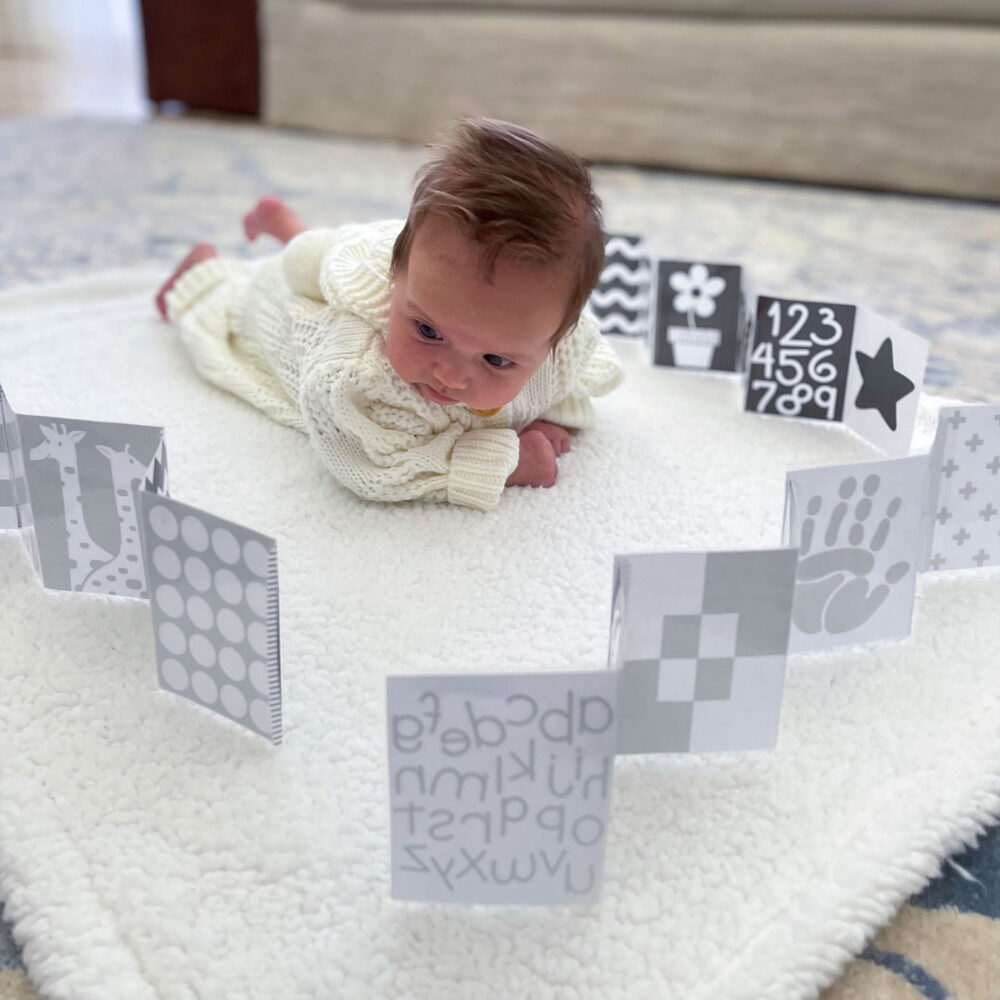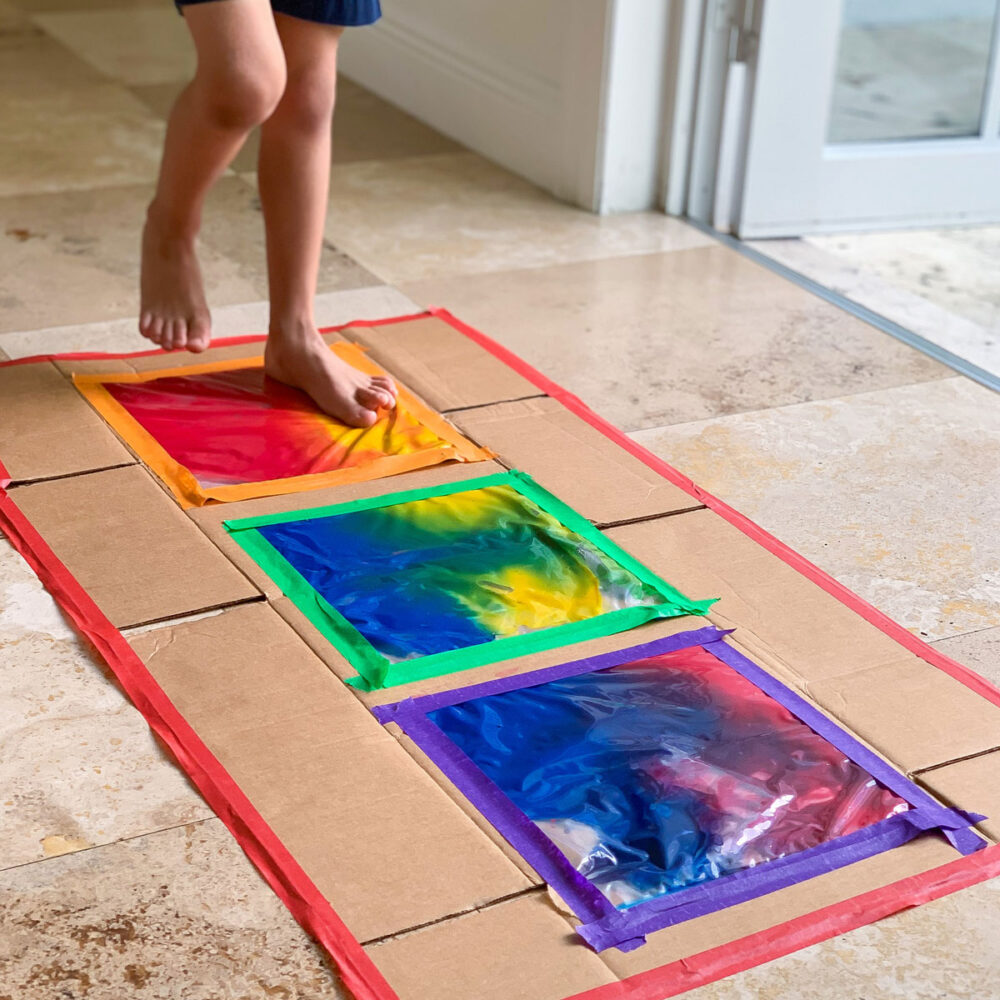Gross Motor Skills
Gross Motor Skills: Fun Movement Games for Active Kids
This is your ultimate guide to understanding gross motor skills including activity ideas and product suggestions!
What to Pack for Camp: Day Camp & Sleepaway Essentials
Wondering what to pack for camp? This simple checklist covers day camp must-haves and everything your child needs for sleepaway camp too.
The Best Fun Outdoor Toys for Kids in 2025
Explore fun outdoor toys for kids in 2025! From sandboxes to water toys, bikes, games, and more. Keep your kids entertained all year long!
How to Teach Kid to Ride Bike: A Step-by-Step Guide
Discover effective tips and tricks to teach kid to ride bike with confidence and ease. Step-by-step guide and expert advice for parents.
How to Make Swim Through Rings, A Fun Underwater Activity!
Here’s how you can make budget-friendly DIY swim through rings – fun for the pool and a way to boost kids’ motor skills easily!
The Best Bath Toys for Kids in 2024
Explore the best bath toys for kids! Discover the ultimate guide to bath time fun with these top picks that will make every splash memorable.
Ice Cream Maker Toy Ball – How to Use and Recipes
Everything you need to know about using an ice cream maker toy ball! Learn how kid’s can make delicious ice cream while staying active!
Sensory Bags for Babies – Helpful Tummy Time Distractions
These sensory bags for babies are so easy to make and are such a great distraction during tummy time. Here are 4 ways you can make them!
DIY Baby Toy – How to Make Sensory Wrist Bands
This DIY baby toy is so easy to make! Babies will enjoy exploring the high contrast colors and jingly sounds of these homemade wrist rattles!
Baby Activity at 3 months – Fun with Balloons
Tying balloons to the hands and feet is a great baby activity at 3 months. Perfect for strengthening gross motor skills, eye sight, and more.
Tummy Time Positions for Newborns and Babies
There isn’t just one way to do tummy time! Keep reading to find out about different tummy time positions for newborns and babies!
Black and White Patterns for Babies – Printable Cards
There are a ton of benefits to providing black and white patterns for babies. Get your printable set of 12 dozen cards here.
Color Mixing Activity – The Color Path
This color mixing activity is where gross motor, sensory, and science collide to discover how primary colors mix to form secondary colors!

